Gardening is a rewarding activity, but dealing with garden pests naturally can be a challenge. Understanding the pests you are dealing with, and employing natural methods, ensures your garden thrives without harmful chemicals. This blog will guide you through effective tips and organic solutions that align with sustainable gardening practices.
Understanding Common Garden Pests
Whether you’re a seasoned gardener or just starting, understanding the common pests in your garden is crucial for maintaining healthy plants. Some of the most frequent culprits include aphids, slugs, snails, and caterpillars. Each of these pests has its own habits and preferred plants, making it essential to identify and manage them accordingly.
Recognizing Aphids
Aphids are tiny insects that cluster on leaves and stems, often causing them to curl or yellow. They can spread quickly, so regular checks are necessary to avoid an infestation. Consider introducing ladybugs to your garden, as they naturally prey on aphids.
Dealing with Slugs and Snails
Slugs and snails are notorious for leaving behind shiny trails and holes in leaves. To manage them, try placing barriers like crushed eggshells around plants. These barriers deter slugs and snails without harming them.
Controlling Caterpillars
Caterpillars can strip a plant of its foliage in a short time. To keep them at bay, regularly inspect the undersides of leaves for eggs. Consider using a natural bacillus thuringiensis spray, which is effective against caterpillars while being safe for other beneficial insects.
By recognizing these common garden pests early and managing them with natural methods, you can maintain a healthy and flourishing garden. Remember, the key is observation and timely action, ensuring your plants thrive without resorting to harsh chemicals.
Natural Pest Control Methods
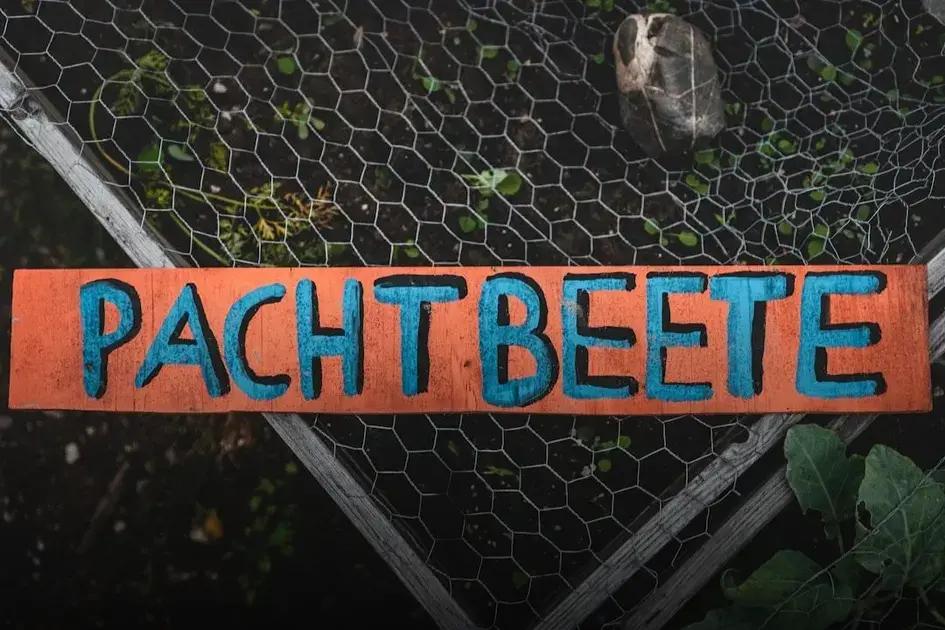
Implementing natural pest control methods in your garden is not only eco-friendly but also highly effective. These methods avoid the use of harmful chemicals, thus ensuring that the environment and your plants remain healthy.
One of the most effective techniques is employing biological control, which involves the use of natural predators. For instance, ladybugs and lacewings can help control aphid populations. You can introduce these beneficial insects into your garden to naturally manage pest outbreaks without disrupting the ecosystem.
Another approach involves physical barriers. You can use row covers, nets, or fences to protect your plants from pests. This method is particularly effective for larger pests like rabbits and deer.
Also, consider the use of natural pesticides such as neem oil or diatomaceous earth. These substances are derived from natural sources and pose minimal risk to the environment and non-target organisms.
Finally, promoting a healthy garden ecosystem can deter pests. Ensuring your soil is rich in nutrients and your plants are well-watered and mulched can make them more resilient to pest attacks.
The Benefits of Companion Planting
Companion planting is a powerful tool for natural pest control in your garden. By strategically placing certain plants together, you can deter pests and promote a more resilient garden ecosystem.
One of the key benefits is that certain plants can repel insects that might otherwise eat your crops. For example, planting marigolds near vegetables helps to keep nematodes and aphids away. The strong scent of marigolds acts as a natural deterrent.
Another advantage is attracting beneficial insects. For instance, dill, fennel, and cilantro attract ladybugs and predatory wasps, both of which feast on aphids and other harmful bugs.
Additionally, some plants provide a natural support system for each other. Beans, for instance, can climb corn stalks, while corn benefits from the nitrogen that beans fix in the soil. This practice not only maximizes space but also enhances plant health, making them less vulnerable to pest attacks.
Moreover, certain plant combinations can improve growth and flavor. For example, planting basil near tomatoes improves their taste and can also deter flies and mosquitoes. The aromatic partnership encourages a flavorful and lush garden.
Incorporating companion planting into your gardening routine empowers you to reduce reliance on chemical pesticides, build a self-sustaining garden, and foster biodiversity. This method transforms your garden into a balanced ecosystem where plants support each other’s growth and health.
Homemade Remedies for Pest Control
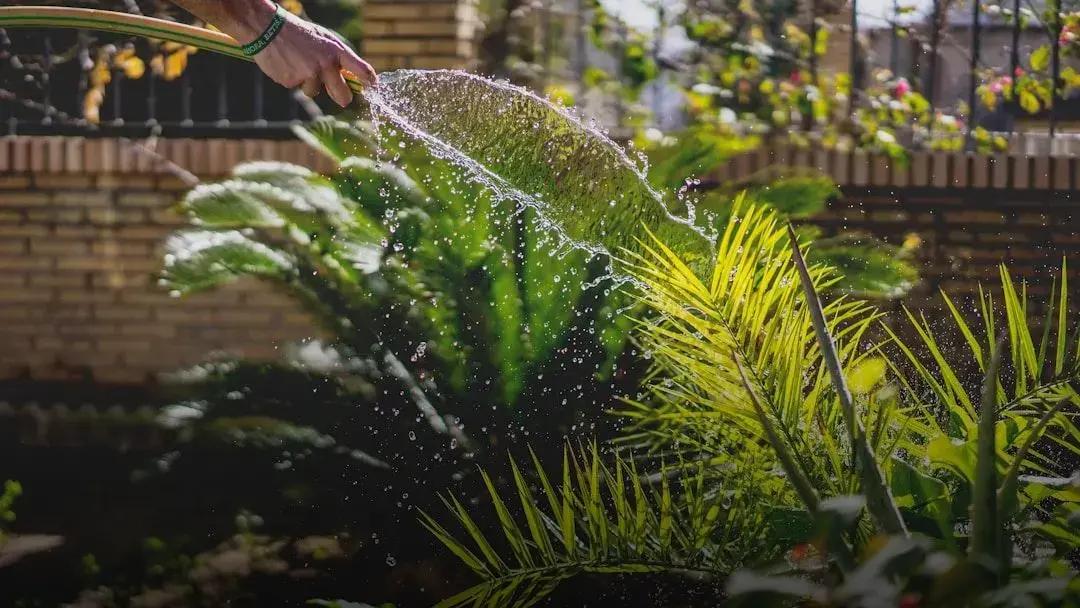
Pest control in your garden doesn’t have to involve harsh chemicals. You can make effective homemade remedies using simple ingredients found in most homes. These remedies are not only safer for the environment but also ensure that your garden remains a healthy place for beneficial insects and plants.
Garlic Spray is a powerful natural pesticide. Blend a few cloves of garlic with water and strain it. Add a little dish soap and spray on the affected plants. This repels aphids and other small pests.
Neem Oil is another excellent option. Derived from the seeds of the neem tree, this oil disrupts the life cycle of insects, keeping them away from your plants. Mix neem oil with water and a few drops of dish soap as an emulsifier, and spray it on leaves and soil.
Chili Pepper Repellent is effective against many garden pests. Crush fresh chili peppers with water and strain the mixture. Spray this spicy solution directly on plants to deter insects.
Soap and Water spray can also help. Mix a teaspoon of mild liquid soap with a liter of water and spray on your plants. This dehydrates small soft-bodied insects like aphids and mites.
These homemade remedies are easy to make and use, helping you manage pests naturally while maintaining the ecological balance of your garden.
How to Attract Beneficial Insects
Attracting beneficial insects to your garden is a smart way to manage pests without harmful chemicals. These insects can help with pollination and naturally control pest populations.
First, diverse plant selection is crucial. Plant a variety of flowers, herbs, and shrubs that bloom at different times to provide nectar and pollen throughout the growing season. Plants like lavender, dill, and marigolds are excellent choices.
Another tip is to include native plants in your garden. Native plants are more likely to attract local beneficial insects. Consider plants like milkweed and goldenrod, which are known to support helpful insects.
It’s essential to provide a habitat for these insects. Create a bug hotel using twigs, leaves, and wood to offer shelter. Keep some garden areas undisturbed—leaving debris or mulch where insects can nest.
Avoid using pesticides that can harm beneficial insects. Even organic options can have adverse effects, so use them sparingly. Instead, allow beneficial insects like ladybugs and lacewings to build their populations naturally.
Finally, provide water sources. A shallow dish with rocks or marbles can be a great water source for tiny insects. Make sure it’s refreshed regularly to keep it clean.
By following these tips, your garden will be buzzing with beneficial insects, helping you maintain a healthy and thriving environment.

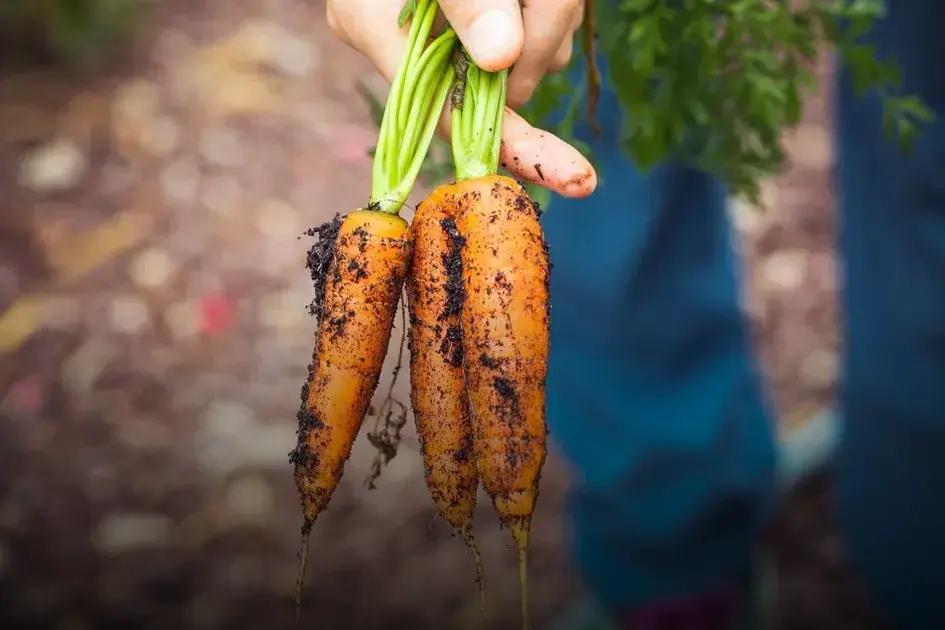
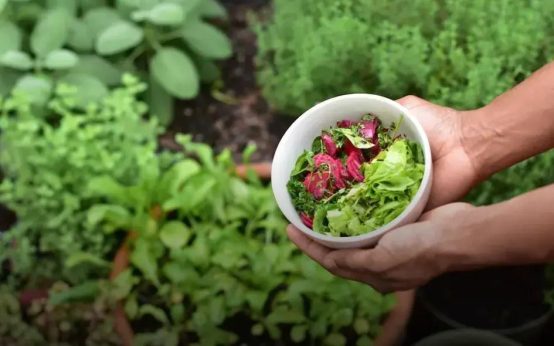 Hosting a Garden Party: Decorate Naturally with Ease
Hosting a Garden Party: Decorate Naturally with Ease 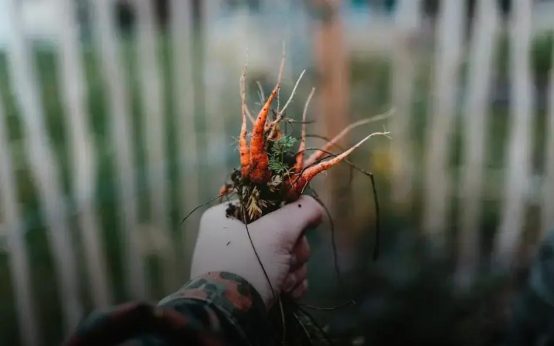 Outdoor Lighting Ideas to Highlight Your Garden at Night
Outdoor Lighting Ideas to Highlight Your Garden at Night 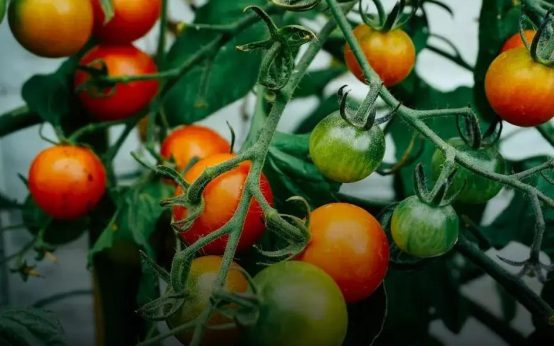 Incorporating Water Features: Transform Your Garden Oasis
Incorporating Water Features: Transform Your Garden Oasis